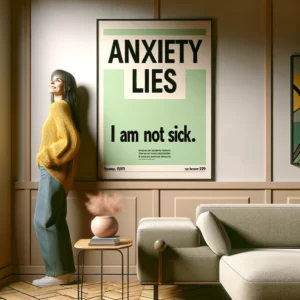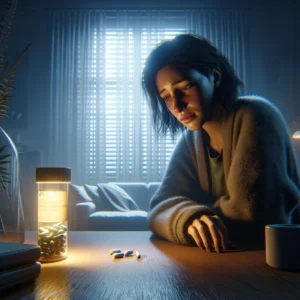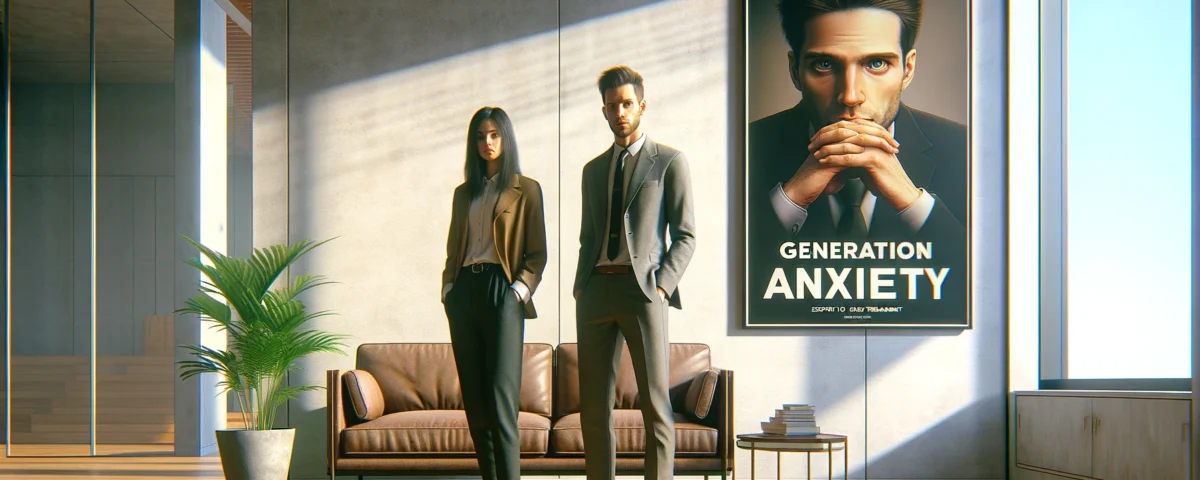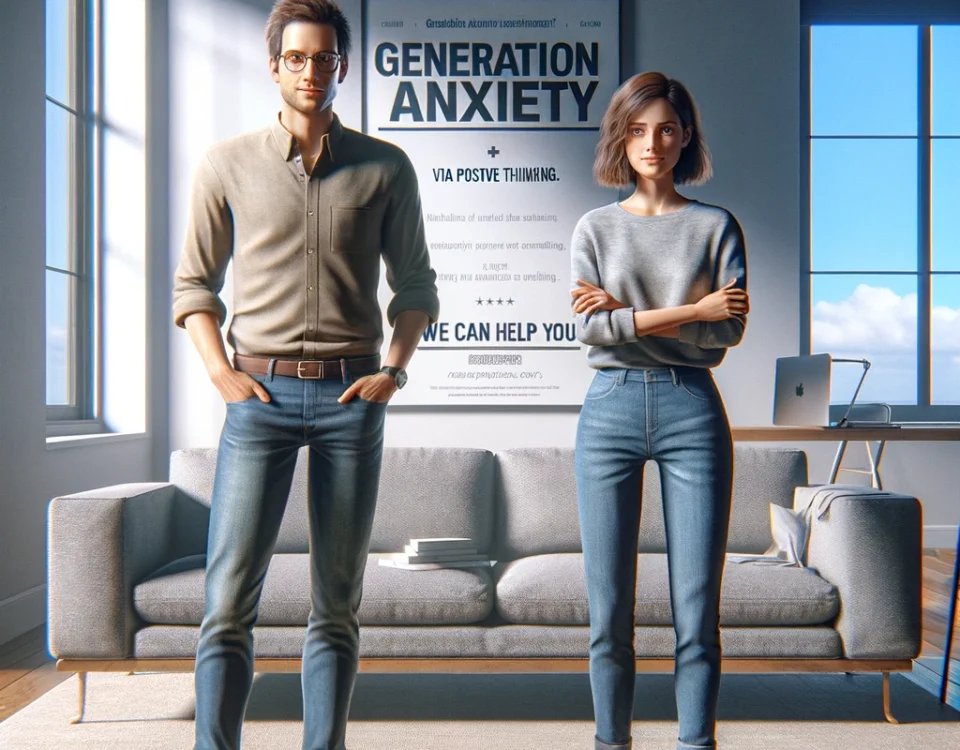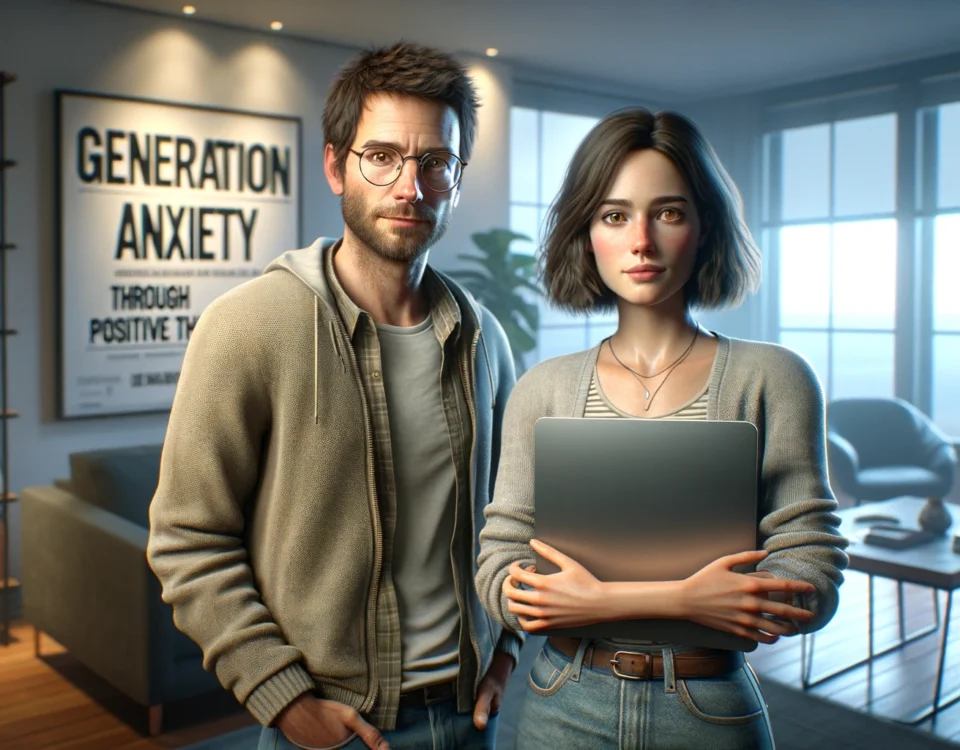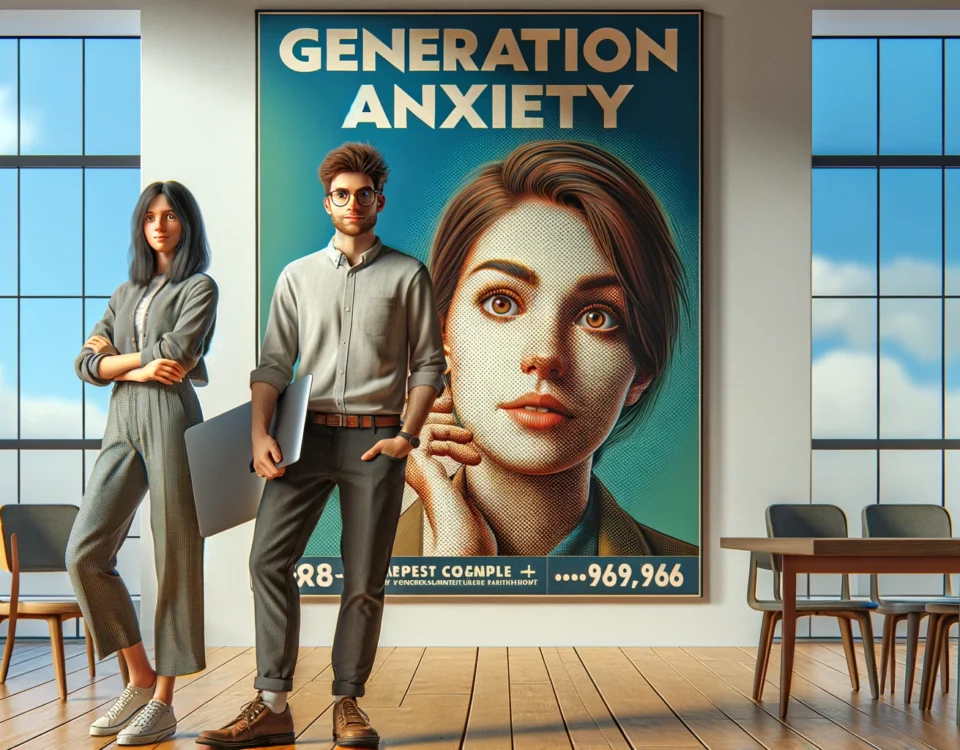Proof of Positive Thinking
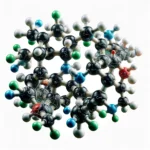
13. SSRIs do not add serotonin to the brain.
What is the Truth about Anxiety treatment?
Have you ever felt so desperate for relief from anxiety that you’d be okay with a little white lie from your doctor? A “different kind of truth”?
We’re not talking about dishonesty, but rather a different perspective, a truth that might actually set you free. This other truth arises from the fact that the conventional truth hasn’t helped enough people.
You are still stuck in a cycle of doctor appointments, medication changes, and a constant fear of future anxiety symptoms or attacks?
By conventional truth, we refer to the age-old narrative that anxiety is an illness, a disorder, or a genetic condition. These are the typical explanations we’ve been hearing from professionals for the past six decades. Consequently, in today’s world, when you visit a doctor with anxiety symptoms, you’re likely to receive a diagnosis and a prescription for medication, all based on this conventional truth.
So, the question arises, has this conventional approach been helpful for you? If your answer is yes, that’s wonderful! However, if it hasn’t, what’s the next step? Should we continue to settle for a life dependent on medication, with no end to anxiety in sight?
For too many, this hasn’t exactly led to a life free from anxiety. So, what if anxiety isn’t a disease, but rather a state, a feeling, or even a chemical reaction?
The sad truth is, that the current truth just isn’t working for millions worldwide.
As someone who has battled anxiety for 40+ years, I can attest that the conventional truth didn’t work for me. And therein lies the the problem with anxiety.
We’re only exposed to the truth that professionals want us to hear. While this is the norm for most diagnoses, anxiety is different. It’s not an illness, it’s a state, a feeling, or an emotion.
Most time, it’s the feeling of the chemicals associated with anxiety that scare us, and this isn’t an illness.
By exploiting our fear of experiencing anxiety again, professionals have created an ‘illness.’ However, an illness alone isn’t sufficient for treatment. For that, a diagnosis is required. Hence, a plethora of new anxiety diagnoses emerged in the 1980s and up, in cooperation with the medical industry. Yes, it might be hard to believe, but a simple Google search will confirm this.
Always remember. It’s the adrenaline and cortisol, not some underlying illness, that makes us feel so awful.
And thus, the era of medication treatment began. However, we can’t treat a chemical reaction developed by nature to protect our lives or treat our limbic brain (amygdala), which is responsible for releasing these chemicals. Doing so could be life-threatening.
Instead, medication (SSRI) manipulates our neocortex, by prolonging the serotonin uptake in our brain and employing other tricks. Yes, prolonging, not adding.
And as I discovered during my 15 years on various anxiety medications, this isn’t an easy task.
Given the multitude of anxiety diagnoses, the medical industry isn’t keen on exploring another truth for obvious reasons. Medical professionals share the same sentiment. Consequently, we find ourselves in a world where 350 million people and counting are on anxiety medication. The numbers speak for themselves.
So, do we need another truth? Perhaps. Perhaps not. It depends on who you ask.
Let’s examine two scenarios to gain a clearer perspective.
Scenario 1: You experience anxiety, feel scared, and rush to the doctor. They diagnose you, prescribe medication, and send you home – alone with your meds.
Anxiety continues, and you become a swing door for check-ups and medication changes.
But, by understanding that the unpleasant feelings are temporary, not an illness and caused by e.g. adrenaline, we can reduce the fear and frequency of future episodes.
Scenario 2: You experienced anxiety symptoms, which scared you. You visited a doctor, who explained the natural process of anxiety to you. The doctor reassured you that what you experienced was a reaction to something in your life, not an illness. It was unpleasant due to the adrenaline release. The doctor advised you to return home, assuring you that you’re not ill but were challenged by the unpleasant anxiety feelings. If it happens again, the doctor suggested calling for a more detailed explanation of why this can occur when we’re challenged in life. The doctor concluded by reminding you that what you experienced was a natural reaction to your life situation, not an illness.
If you find yourself over thinking your experiences after a doctor’s visit, always remember that it’s the chemistry released by your thoughts about anxiety, not an illness.
Now. If you can believe in the second scenario, you’re less likely to experience more symptoms in the future. This is simply because you won’t dwell on it as much, in contrast to the first scenario, which will trigger a cycle of negative thoughts.
By presenting an alternative truth, you’re more likely to become anxiety-free. Now it depends on what you believe in – illness and medication, or natural, unpleasant feelings.
By accepting illness and medication, you’re affirming your belief in illness and disorder. By accepting naturally unpleasant feelings, you’re embracing rational thinking. You’re not ill or sick, you’re just challenged by your thoughts due to the unpleasantness of adrenaline.
Knowledge and information are just one of the many truths out there. We need to find the truth that resonates with us and what we believe in.
Note. As long as the conventional truth continues to prevail, nothing changes.
So, how can we challenge the conventional truth?
Only by proving that it’s just one of multiple truths out there.
What truth will you choose? Knowledge or medication?
The core message here is that there are more than one truth about anxiety.
Some may find symptom relief through medication, while others become anxiety-free from knowledge and self-management strategies.
We at Generation-anxiety believe in knowledge over medication and illnesses as shown below.
